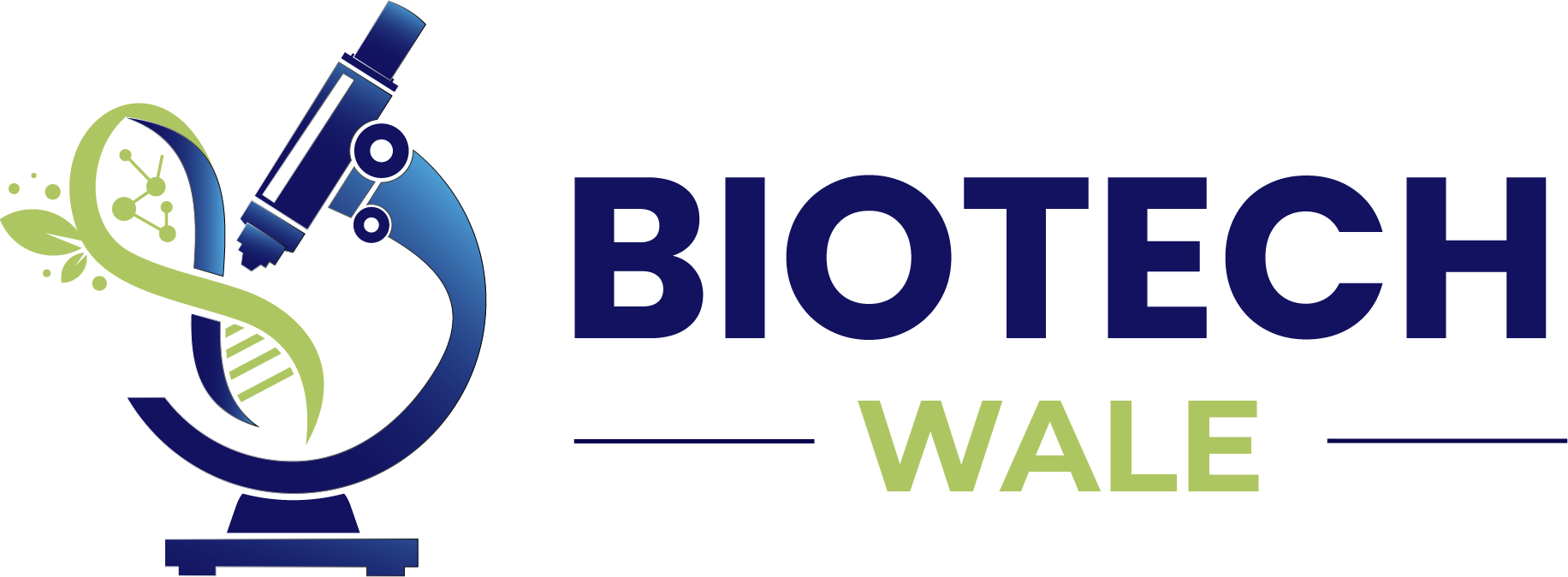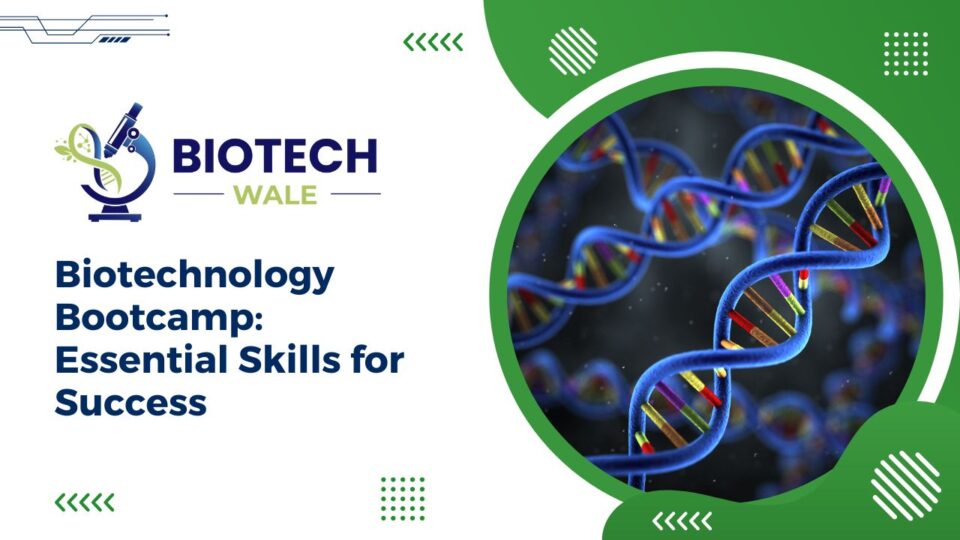Introduction to Biotechnology
Welcome to the world of biotechnology, where science meets innovation and possibilities are limitless. Are you ready to dive into a field that is revolutionizing healthcare, agriculture, and beyond? Whether you’re a seasoned professional or just starting out on your biotech journey, there are essential skills you need to succeed in this dynamic industry. Let’s explore what it takes to thrive in the fast-paced world of biotechnology!
Top Skills Needed in the Field of Biotechnology
In the ever-evolving field of biotechnology, having a diverse set of skills is crucial for success. One essential skill is proficiency in lab techniques and equipment. Being able to navigate the intricacies of cutting-edge technology is key to conducting experiments accurately and efficiently.
Another vital skill is data analysis and interpretation. As a biotechnologist, you must be adept at analyzing complex data sets to draw meaningful conclusions that drive research forward. Strong critical thinking and problem-solving abilities are invaluable in this aspect.
Communication skills are also paramount in biotechnology. Collaborating with team members, presenting findings, and networking with industry professionals all require effective communication abilities. Building strong relationships within the scientific community can open doors to new opportunities and advancements.
Moreover, project management skills are essential for overseeing research projects from start to finish successfully. This involves setting goals, creating timelines, allocating resources effectively, and ensuring timely delivery of results.
Continuous professional development and actively seeking networking opportunities are equally important in staying current with industry trends and expanding your knowledge base. By honing these top skills needed in biotechnology, you can position yourself for a rewarding career full of growth potential.
Technical Skills: Lab Techniques and Equipment
When it comes to working in the field of biotechnology, having strong technical skills in lab techniques and equipment is crucial. Understanding how to properly handle and operate specialized machinery can make all the difference in conducting successful experiments.
From pipetting accurately to mastering PCR techniques, being proficient in various lab procedures is essential for producing reliable results. Familiarity with different types of laboratory equipment such as centrifuges, spectrophotometers, and incubators is also key to executing experiments effectively.
Moreover, staying up-to-date with advancements in technology within the biotech industry is vital. Being adaptable and quick to learn new techniques will set you apart as a skilled professional in this rapidly evolving field.
Honing your technical skills related to lab techniques and equipment will greatly enhance your capabilities as a biotechnologist.
Data Analysis and Interpretation
In the field of biotechnology, data analysis and interpretation play a crucial role in deriving meaningful insights from experiments and research findings.
Being able to effectively analyze data sets and interpret results is essential for making informed decisions and driving scientific advancements.
Biotechnologists must possess strong analytical skills to sift through complex data, identify patterns, and draw conclusions that can lead to innovative discoveries.
From sequencing genomes to studying protein structures, the ability to interpret data accurately can uncover potential cures for diseases or improve agricultural practices.
Proficiency in statistical software programs like R or Python is often necessary for handling large datasets efficiently.
By mastering data analysis techniques, biotech professionals can unlock hidden trends and correlations that have the power to revolutionize the industry.
Communication and Teamwork
Effective communication and teamwork are crucial skills in the field of biotechnology. In a lab setting, clear communication ensures that everyone is on the same page when conducting experiments or analyzing data. It helps prevent misunderstandings that could lead to errors in research.
Collaborating with team members allows for different perspectives to be considered, leading to more innovative solutions to complex scientific problems. Sharing ideas and insights can spark creativity and drive progress in biotech projects.
Strong interpersonal skills are essential for working well with diverse teams comprised of scientists, researchers, engineers, and other professionals. Being able to communicate clearly and respectfully fosters a positive work environment where everyone feels valued and heard.
Moreover, effective teamwork enhances efficiency by delegating tasks according to each team member’s strengths and expertise. By leveraging individual abilities within a cohesive unit, biotech teams can achieve greater results collectively than if they were working independently.
Project Management in Biotech
In the field of biotechnology, project management plays a crucial role in bringing innovative ideas to life.
Managing timelines, resources, and stakeholders efficiently is essential for successful project outcomes.
Biotech projects often involve complex processes that require meticulous planning and coordination to ensure smooth execution.
Effective communication skills are key when working with interdisciplinary teams in biotech projects.
Adaptability and problem-solving abilities are also vital traits for managing unexpected challenges that may arise during project implementation.
By utilizing tools like Gantt charts and Agile methodologies, project managers can streamline workflows and optimize productivity in biotech settings.
Professional Development and Networking Opportunities
Professional development is a key aspect of success in the field of biotechnology. It involves continuously expanding your knowledge and skills to stay relevant in this rapidly evolving industry. One way to enhance your professional development is by attending workshops, seminars, and conferences related to biotechnology.
Networking plays a crucial role in advancing your career in biotech. Building connections with professionals from various sectors can open up new opportunities for collaboration and growth. Joining industry-specific organizations or online communities can help you expand your network and stay updated on the latest trends and advancements.
Engaging with mentors who have experience in the field can provide valuable insights and guidance for navigating the complexities of biotechnology. Seeking feedback from peers and experts can also help you improve your skills and make informed decisions about your career path.
Taking initiative to pursue additional certifications or advanced degrees can demonstrate your commitment to continuous learning and professional growth within the biotechnology sector. Embracing lifelong learning will ensure that you remain competitive in this dynamic field.
Tips for Success in a Biotechnology Career
When embarking on a career in biotechnology, it’s essential to stay updated with the latest advancements and trends in the field. Continuous learning through courses, workshops, and conferences will keep you ahead of the curve.
Networking is key in the biotech industry. Connect with professionals at events or online platforms like LinkedIn to expand your professional circle and gain insights into different areas of biotechnology.
Don’t shy away from taking on challenging projects that push you out of your comfort zone. Embracing new challenges fosters growth and enhances your skill set, making you more valuable as a biotech professional.
Maintaining a strong work-life balance is crucial for long-term success. Prioritize self-care and time management to prevent burnout and ensure sustained productivity in your career.
Stay adaptable and open-minded as technologies evolve rapidly in biotechnology. Being flexible allows you to pivot when needed and seize new opportunities that arise in this dynamic field.
Conclusion
Biotechnology is a dynamic and rapidly evolving field that offers endless opportunities for those with the right skills and mindset. From mastering lab techniques to excelling in data analysis, communication, and project management, there are various essential skills needed to succeed in biotechnology.
By continuously developing your technical abilities, honing your analytical skills, fostering effective communication and teamwork, and embracing professional development opportunities, you can set yourself up for success in the biotech industry.
Remember to stay curious, adaptable, and proactive in seeking out networking opportunities within the biotech community. With dedication and a passion for innovation, you can thrive in this exciting field where groundbreaking discoveries are waiting to be made. Embrace the challenges ahead as you embark on your journey towards a rewarding career in biotechnology.





Average Rating